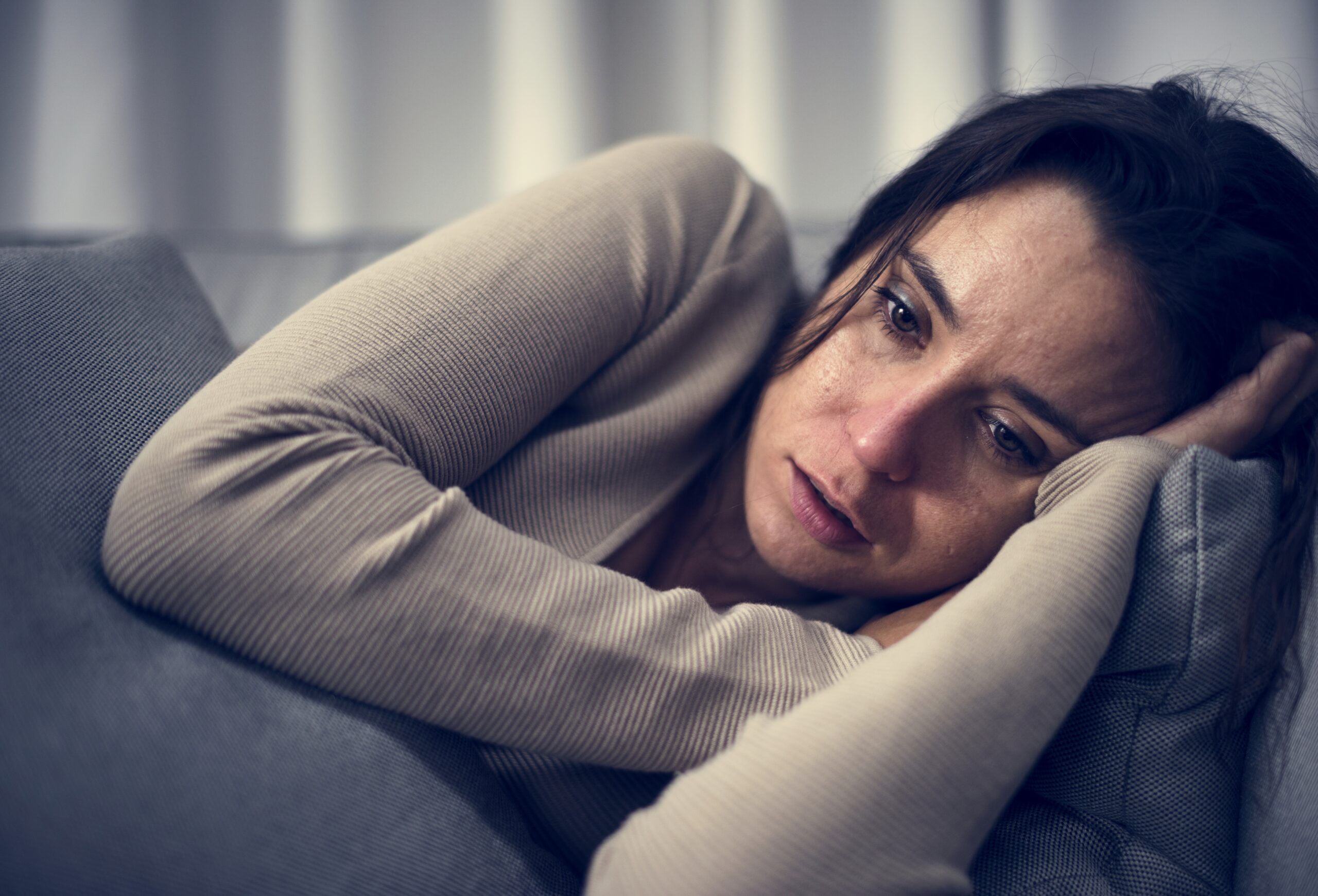Depression is a widespread mental health condition that affects millions worldwide, with a significant impact on women. Understanding the nuances of how depression affects women is crucial for fostering awareness, promoting early detection, and encouraging effective treatment. Here are ten essential facts about depression in women that everyone should know:
1. Higher Prevalence Among Women
Studies have shown that women are almost twice as likely as men to suffer from depression. This disparity may be attributed to biological, hormonal, and psychosocial factors unique to women.
2. Hormonal Fluctuations Play a Significant Role
Women experience various hormonal changes throughout their lives, such as menstruation, pregnancy, childbirth, and menopause. These fluctuations can trigger depression, making women more susceptible during these times.
3. Symptoms Can Differ
While the core symptoms of depression are consistent across genders, women are more likely to experience symptoms such as profound sadness, guilt, and sleep disturbances. Understanding these differences is key to effective diagnosis and treatment.
4. Increased Risk of Seasonal Affective Disorder (SAD)
Women are more likely to experience Seasonal Affective Disorder, a type of depression related to changes in seasons, particularly during winter months when there is less natural sunlight.
5. Impact of Social and Cultural Factors
Societal expectations and roles can also contribute to depression in women. The pressure to manage work, family responsibilities, and social relationships can be overwhelming, leading to increased stress and, potentially, depression.
6. Postpartum Depression Affects Many New Mothers
Postpartum depression is a serious condition that can affect women after giving birth, characterized by feelings of extreme sadness, anxiety, and exhaustion that can interfere with a woman’s ability to care for her child.
7. Depression Can Affect Physical Health
Women with depression may also experience physical symptoms such as unexplained aches and pains, which can complicate the diagnosis and treatment of depression.
8. Increased Risk of Developing Comorbid Anxiety Disorders
Women suffering from depression are at an increased risk of experiencing comorbid anxiety disorders, including panic disorder and social anxiety disorder.
9. Treatment Efficacy Can Vary
The effectiveness of depression treatments, including medication and therapy, can vary between genders. Women may respond differently to certain antidepressants or therapeutic approaches, emphasizing the need for personalized treatment plans.
10. Seeking Help is Crucial
Despite the prevalence of depression among women, many do not seek the help they need. Raising awareness about the signs and symptoms of depression in women can encourage those affected to seek support and treatment.
Depression in women is a complex issue influenced by a myriad of factors. By understanding these ten essential facts, we can all play a role in supporting women affected by depression, whether through offering empathy, advocating for comprehensive healthcare, or promoting mental health awareness in our communities. If you or someone you know is struggling with depression, it’s important to seek professional help. Early intervention can make a significant difference in recovery and overall quality of life.

